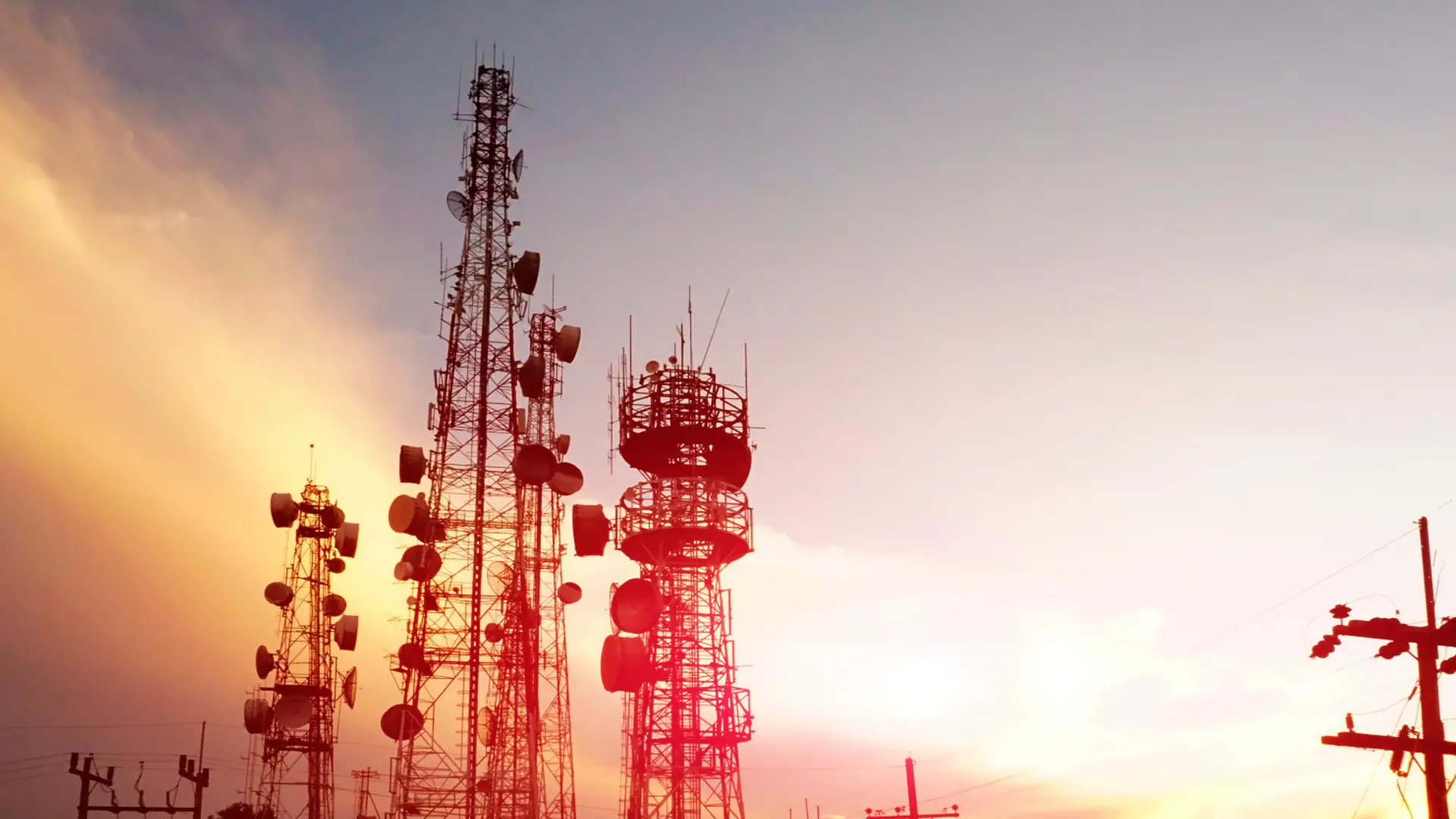Indian women politicians receive more online abuse than their US, UK counterparts: Amnesty India report
Nearly 100 women politicians received rape and death threats during the 2019 General Elections, a study conducted by Amnesty International India found.
Amnesty International India in a study concluded that nearly 100 women politicians received rape and death threats on Twitter during the General Elections in 2019.
The study titled, 'Troll Patrol India: Exposing Online Abuse Faced by Women Politicians in India’, conducted in collaboration with Amnesty International – International Secretariat (AI-IS), measured the nature and scale of online abuse faced by women politicians in India.

Image Credits: Amnesty International Report.
The study reported that Indian women politicians experience substantially higher abuse than their UK and USA counterparts. It found that out of 724 women contesting the general elections, 95 female politicians received nearly one million hateful mentions on Twitter between March and May, one in five of which was sexist or misogynistic.
Other key findings include - Muslim women politicians received 94.1 percent more ethnic or religious slurs than those from other religions, women politicians belonging to marginalised castes received 59 percent more caste-based abuse compared to women from other castes and, women politicians from ‘parties other than Bharatiya Janata Party’ experienced more abuse.
"People should know what women in politics endure, what they have to put up with, and how unequal it becomes for them," said Shazia Ilmi, a member of India's ruling Bharatiya Janata Party (BJP).
The study also revealed that women who express their opinions online are targeted with abuse, not just for their opinion, but also other reasons such as gender, religion, caste, marital status, and more. The study raises concerns over increasing online abuse that women, especially prominent women, receive.
“Touted as a ‘safe place for free expression’, Twitter was popularly envisioned to be a platform where marginalised populations, including women, Dalits, and religious minorities, would have an equal opportunity to make their voices heard. While over the years, the social media platform has evolved into an indispensable tool for political engagement, campaigning, and activism, women are regularly and relentlessly subjected to abuse on the platform, which has a silencing effect on them,” said Avinash Kumar, Executive Director, Amnesty International India.
This is a first of its kind study in the country that looks at online abuse against women politicians. Similar studies have been conducted in the US and the UK.
The study conducted using crowdsourcing, machine learning, and data science, analysed 114,716 tweets mentioning 95 Indian women politicians in the three months of March-May 2019, in the lead-up to, during, and shortly after the 2019 General Elections in India.
Amnesty has urged Twitter to bring in more policies to make it a safer space for women. The recommendations include:
- Publicly sharing comprehensive, meaningful, and disaggregated information about the nature and levels of online abuse against women on a country by country basis, as well as other groups, on the platform, and how they respond to it.
- Improving its reporting mechanisms to ensure consistent application and better response to complaints of violence and abuse.
- Providing more clarity about how it interprets and identifies violence and abuse on the platform, and how it handles reports of such abuse.
(Edited by Suman Singh)









